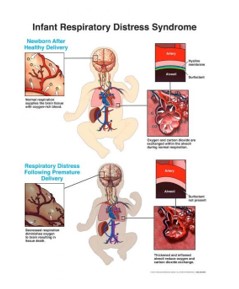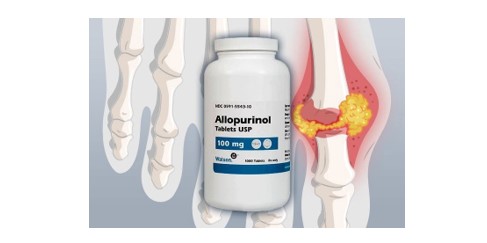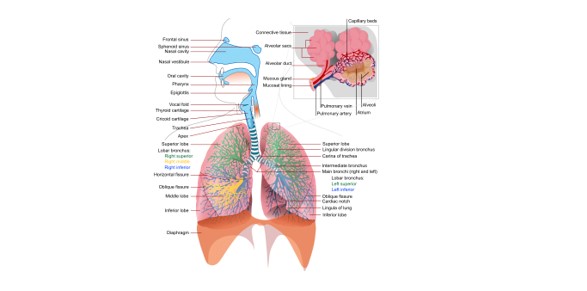Which symptoms will be most important for the nurse to assess for early signs of respiratory distress in the patient who has been given a neuromuscular-blocking agent?
Dyspnea, increased respiratory rate, and cyanosis.
Restlessness, anxiety, and lethargy.
Nasal flaring and retraction of intercostal muscles.
Pallor, stridor, and diaphoresis.
The Correct Answer is A
Dyspnea (difficulty breathing), an increased respiratory rate, and cyanosis (bluish discolouration of the skin and mucous membranes due to lack of oxygen) are early signs of respiratory distress that the nurse should assess for in a patient who has been given a neuromuscular-blocking agent. These medications can cause respiratory depression and compromise the patient’s ability to breathe effectively.

Nursing Test Bank
Naxlex Comprehensive Predictor Exams
Related Questions
Correct Answer is D
Explanation
Gout is a type of arthritis caused by a build-up of uric acid crystals in the joints, leading to inflammation, pain, and swelling. Allopurinol is a medication used to treat gout by reducing the production of uric acid in the body. It works by inhibiting the enzyme xanthine oxidase, which is responsible for producing uric acid.
Option a, Alprazolam, is a medication used to treat anxiety and panic disorders. It is not used in the treatment of gout.
Option b, Spironolactone, is a medication used to treat high blood pressure, edema, and certain types of hormonal imbalances. It is not used in the treatment of gout.
Option c, Zolpidem, is a medication used to treat insomnia. It is not used in the treatment of gout.

Correct Answer is A
Explanation
Neuromuscular-blocking agents paralyze the muscles, including the respiratory muscles. Therefore, it is crucial to ensure that the patient maintains a patent airway and is able to breathe effectively. The nurse should monitor the patient's respiratory rate, depth, and effort, as well as assess for signs of airway obstruction, such as stridor or wheezing.
Skin assessment for rash (option b), blood pressure assessment for orthostatic hypotension (option c), and assessment for fluid volume overload (option d) may also be important assessments for the nurse to obtain, but they are not the most critical assessments when a patient is being treated with a neuromuscular-blocking agent.

Whether you are a student looking to ace your exams or a practicing nurse seeking to enhance your expertise , our nursing education contents will empower you with the confidence and competence to make a difference in the lives of patients and become a respected leader in the healthcare field.
Visit Naxlex, invest in your future and unlock endless possibilities with our unparalleled nursing education contents today
Report Wrong Answer on the Current Question
Do you disagree with the answer? If yes, what is your expected answer? Explain.
Kindly be descriptive with the issue you are facing.
